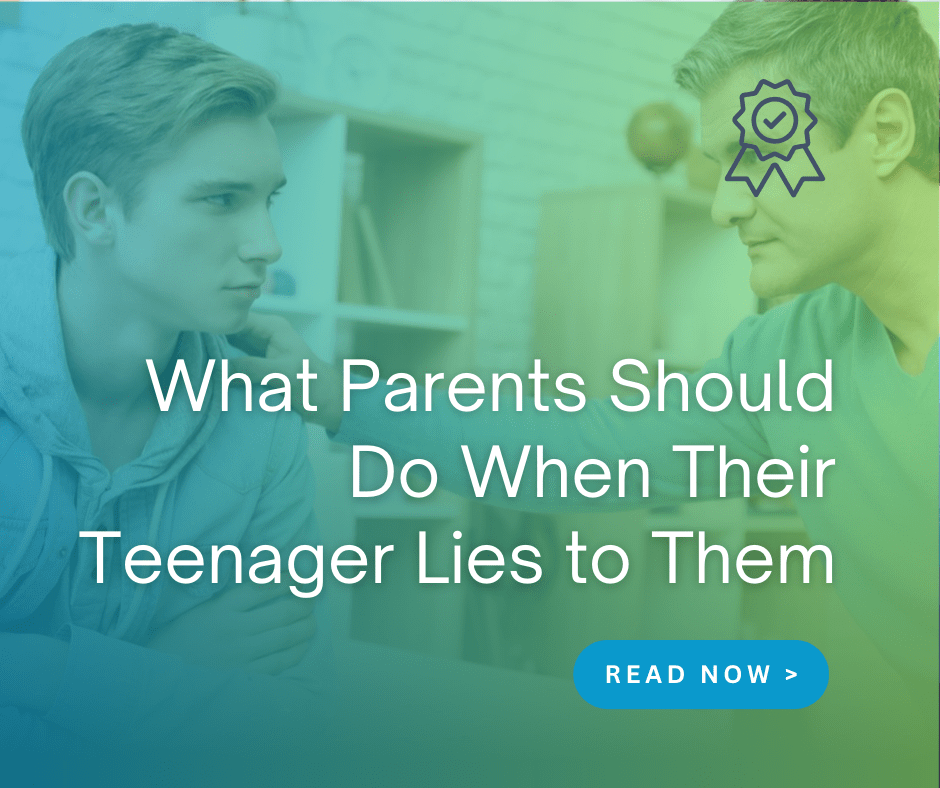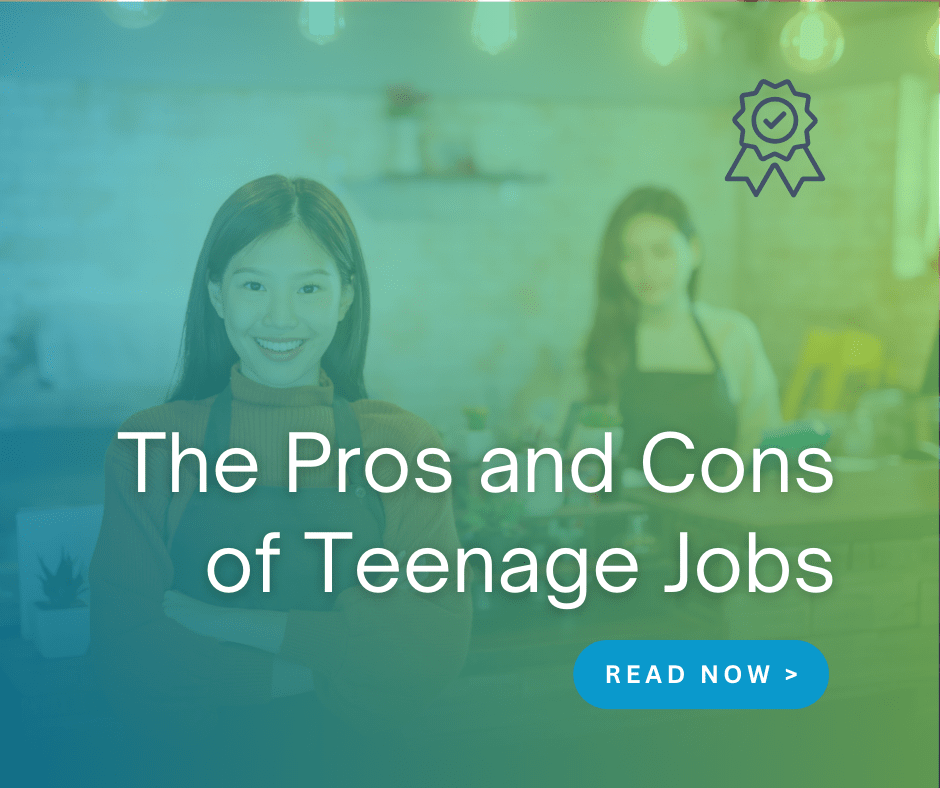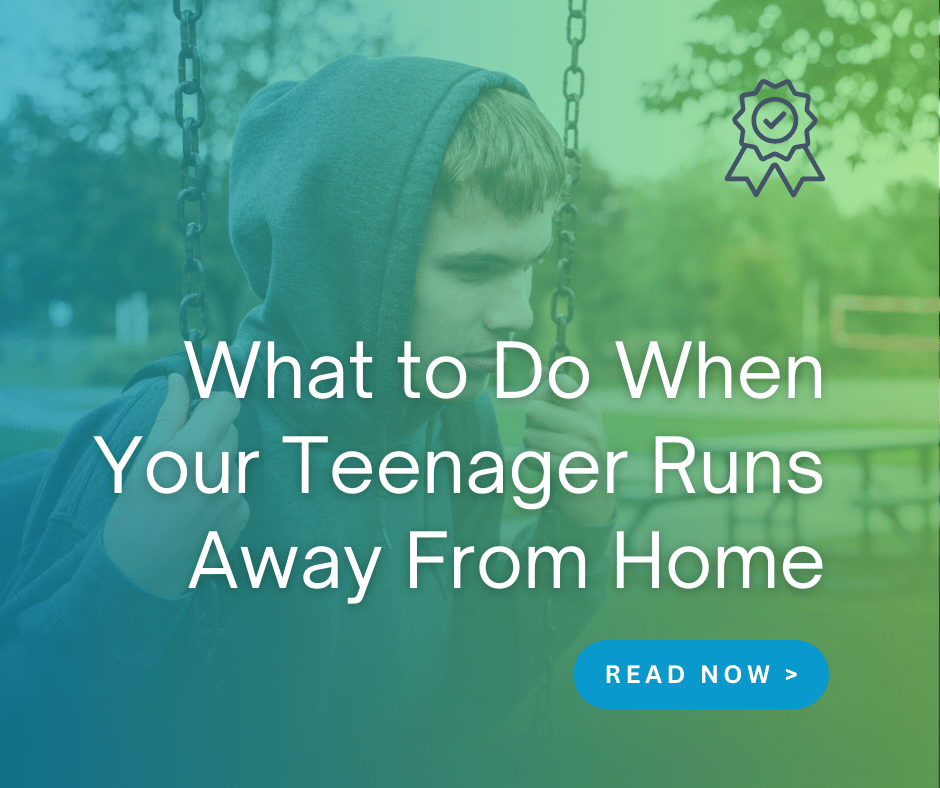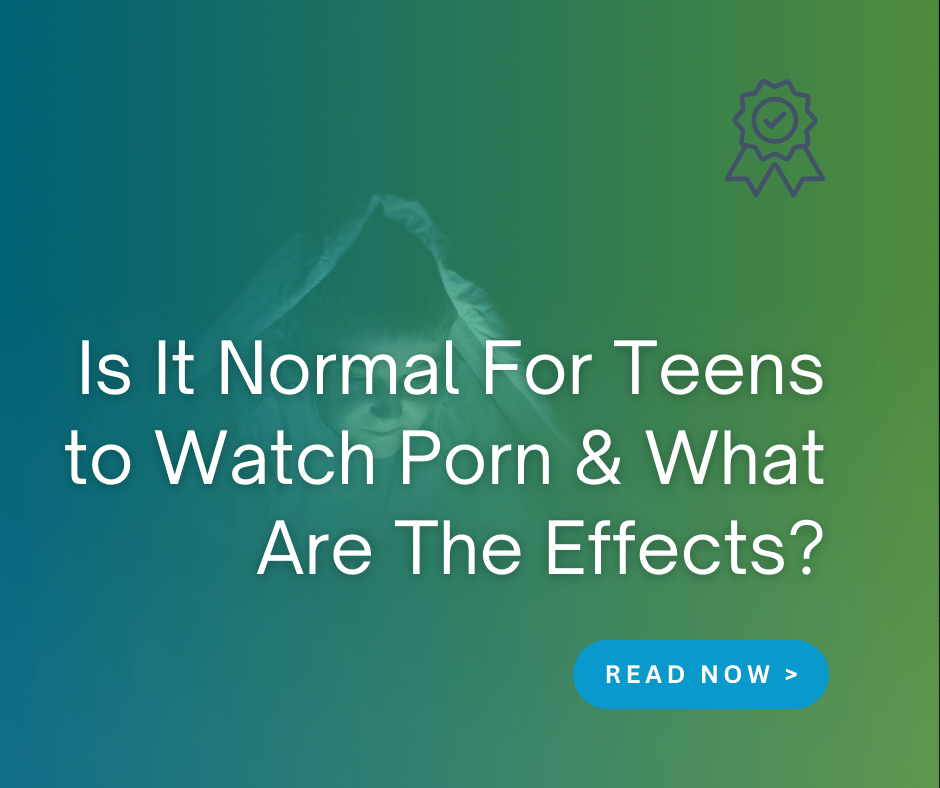Medical experts from around the world have one unanimous message for everyone during the coronavirus pandemic: stay home.
Most cities and states in the U.S. have issued strict shelter-in-place orders, intended to curb the spread of COVID-19. Rallying cries of “stay home, save lives” and “flatten the curve” scroll across news feeds everywhere.
While isolation and quarantine policies help mitigate the impact of the virus – especially for at-risk populations, who may experience life-threatening symptoms when infected – there is a category of individuals for whom isolation itself can be life-threatening.
We’re talking about at-risk teens diagnosed with mental health issues like suicidal ideation, self-injurious behavior, depression, and/or alcohol/substance use disorder.
At-Risk Teens and Isolation
Teenagers who struggle with self-harm or suicidal ideation need supervision, especially during stressful times like these. Adolescents are more prone to engaging in self-injurious behavior when others are not around. This makes it dangerous for those with significant mental health issues to be alone for long periods of time.
Teens who struggle with severe depression also need similar 24/7 monitoring and support. Isolation can exacerbate their symptoms to the point where they may consider engaging in self-harming behavior or suicidal ideation. This can happen even when they’ve never engaged in or considered these behaviors before.
That’s two groups of teens for whom isolation during COVID-19 can be dangerous.
There’s another: teens with an alcohol or substance use disorder.
Teens known to experiment with drugs or alcohol should not be allowed to spend too much time alone in their rooms during COVID-19. The increased privacy may enable them to find ways to use drugs and alcohol right there in the home.
Here’s the problem parents face: under normal circumstances, it’s not too hard to monitor teens. They go to school and stay under the (hopefully) watchful eye of teachers, counselors, and classmates. When they come home, parents pick up the coverage. But with schools closed, the school element of supervision no longer exists. And with parents working from home, it’s not as if they can keep one eye on their child and one eye on their work. At some point, one or the other needs their complete focus. When work calls, the teen at home doing virtual school becomes an unsupervised teen.
Look at it like this: the teen has less on their plate, and the parent has more.
That sounds like trouble for an at-risk teen.
Treatment for Teens During COVID-19
So what’s the solution for teens struggling with life-threatening mental health or addiction issues?
One answer is the same during COVID-19 as during normal times: residential treatment.
If you worry your teen may engage in destructive and dangerous behaviors, you can admit them to a place where you know they’ll be safe: a residential treatment center for adolescents. Teens who are a danger to themselves or their family need the 24/7 monitoring, support, and treatment a residential program offers. However, only a mental health professional can determine this level of need. If, after a full biopsychosocial assessment, a mental health disorder is indicated and residential treatment recommended, then a high-quality residential treatment center (RTC) can give your teenager the help they need.
If isolation during COVID-19 exacerbates the symptoms of an existing disorder, or if supervising a teen engaging in risky behavior – i.e. alcohol and drug use – is unrealistic because of work or other responsibilities, residential treatment may be the answer. At a licensed and accredited adolescent RTC, professional mental health counselors and staff can keep an eye on your teen around-the-clock, while maintaining all the necessary social-distancing requirements and health safety precautions.
Seeking Help for Your Teen
Fortunately, authorities consider mental health treatment centers essential, life-saving services, which means they’re open and accepting patients during COVID-19.
Make sure the RTC you consider offers high-quality treatment, and that they’re serious about coronavirus safety. Most reputable treatment centers now have impossible-to-miss banners on their websites that link to pages describing the measures they’ve taken in response to the pandemic. If a treatment center doesn’t have specific COVID-19 polices, don’t send your teen there. Keep looking until you find one that does.
The coronavirus pandemic has everyone looking for answers to a thousand and one questions. If you have an at-risk teen at home who’s struggling with significant mental health issues or alcohol/drug problems, the isolation and alone time could be dangerous: one answer for them might be residential treatment.












